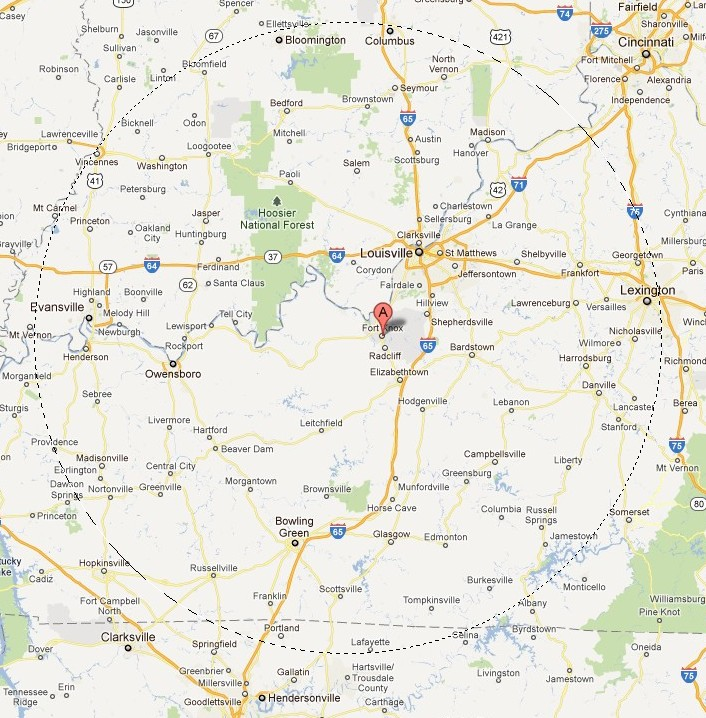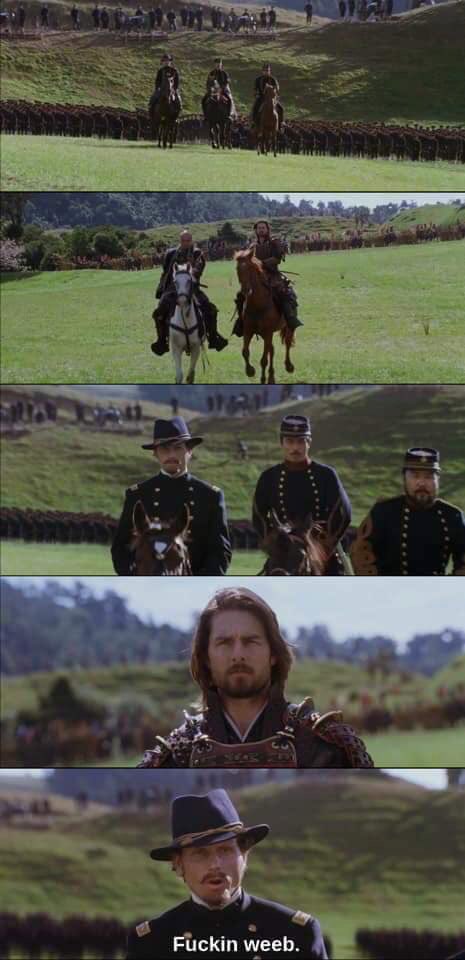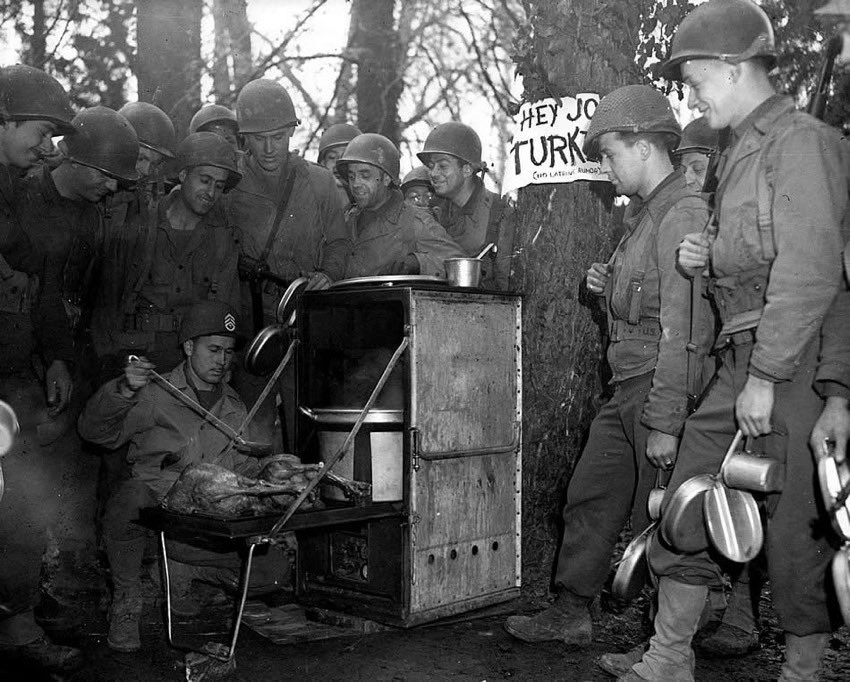1/ The Battle of Hancock Airfield (Pt2)
Back at Fort Knox the General paced. He stared at the drone feed of the far away battle and fretted. His unit would never reach the airfield in time on foot. He had not prepared for the patrol to fail, nor had he put together a backup plan

Back at Fort Knox the General paced. He stared at the drone feed of the far away battle and fretted. His unit would never reach the airfield in time on foot. He had not prepared for the patrol to fail, nor had he put together a backup plan
https://twitter.com/6Voodoo/status/1748370688639893700

2/ Hurriedly, he started to grab every able body he could find. Putting together a mixed unit from the various allied soldiers there, he climbed into a vehicle and drove his makeshift relief force down the same road his Chinese troops had been fighting on for the last hour. 

3/ The General grabbed a radio, and started to issue orders in Mandarin. He received replies in English. Cursing himself for this mistake in front of the others, he tried again in broken English. His allies did not speak Mandarin, and English was the only language they shared.
4/ The movement was chaotic. The mixed force had never trained together, and fewer still had any sort of mounted tactical training at all. The General yelled over the radio at the undisciplined and inexperienced drivers of the vehicles to keep up, or keep their spacing. 

5/ But the invaders were not the only ones listening to The General. Had the Chinese Major from the first patrol been more experienced, he would have inventoried the equipment from the dead Iranians. He would have methodically checked for their sensitive items. 

6/ Had he looked he would have noticed that while the Iranian’s rifles and ammunition were still with their recently departed former owners, their radios were not. 
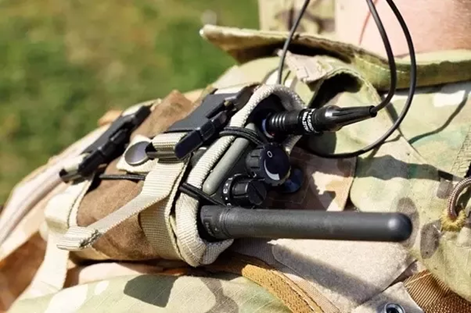
7/ The relief column slinkied down the road towards Hancock Field, but in the confusion of the moment missed a turn. Few of the General’s most trusted Chinese soldiers were accustomed to navigating on a paper map, and fewer knew the terrain. 
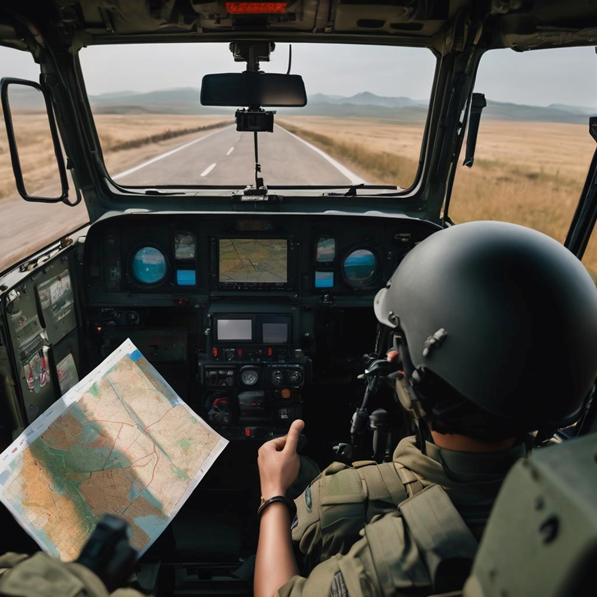
8/ One of the Russian infiltrators had lived in this area for years, but the General wasn’t sure he could trust him. Nevertheless, time was his real enemy. The General put the Russian in his vehicle, and drove. He would lead the column personally. He could count on no one else. 

9/ It turned out to be unnecessary. Once the column found the ambushed Iranian Patrol outside of Harned, they could simply follow the abandoned Chinese vehicles and corpses strewn on the rural highway.
Doctrinally this meant the path was cleared, so the General pressed ahead.
Doctrinally this meant the path was cleared, so the General pressed ahead.
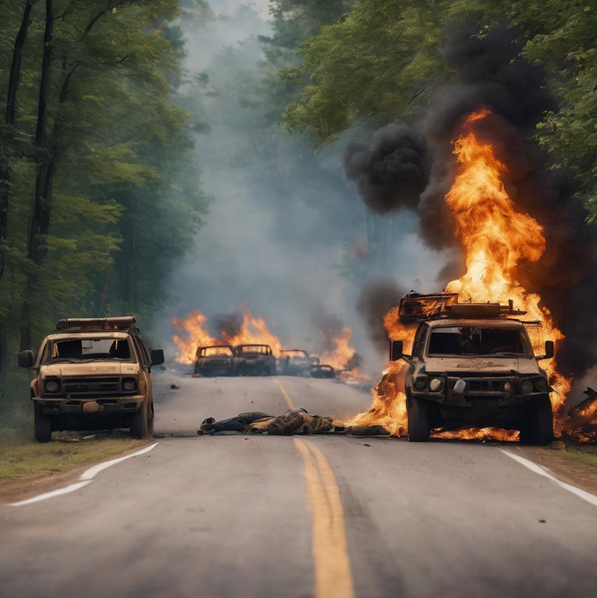
10/ But the Americans, still listening on the radios, knew they were coming and had filed back into their previous ambush positions. The mixed relief force was forced to refight every battle, and retake every mile of ground the first Chinese patrol had already bled to secure. 
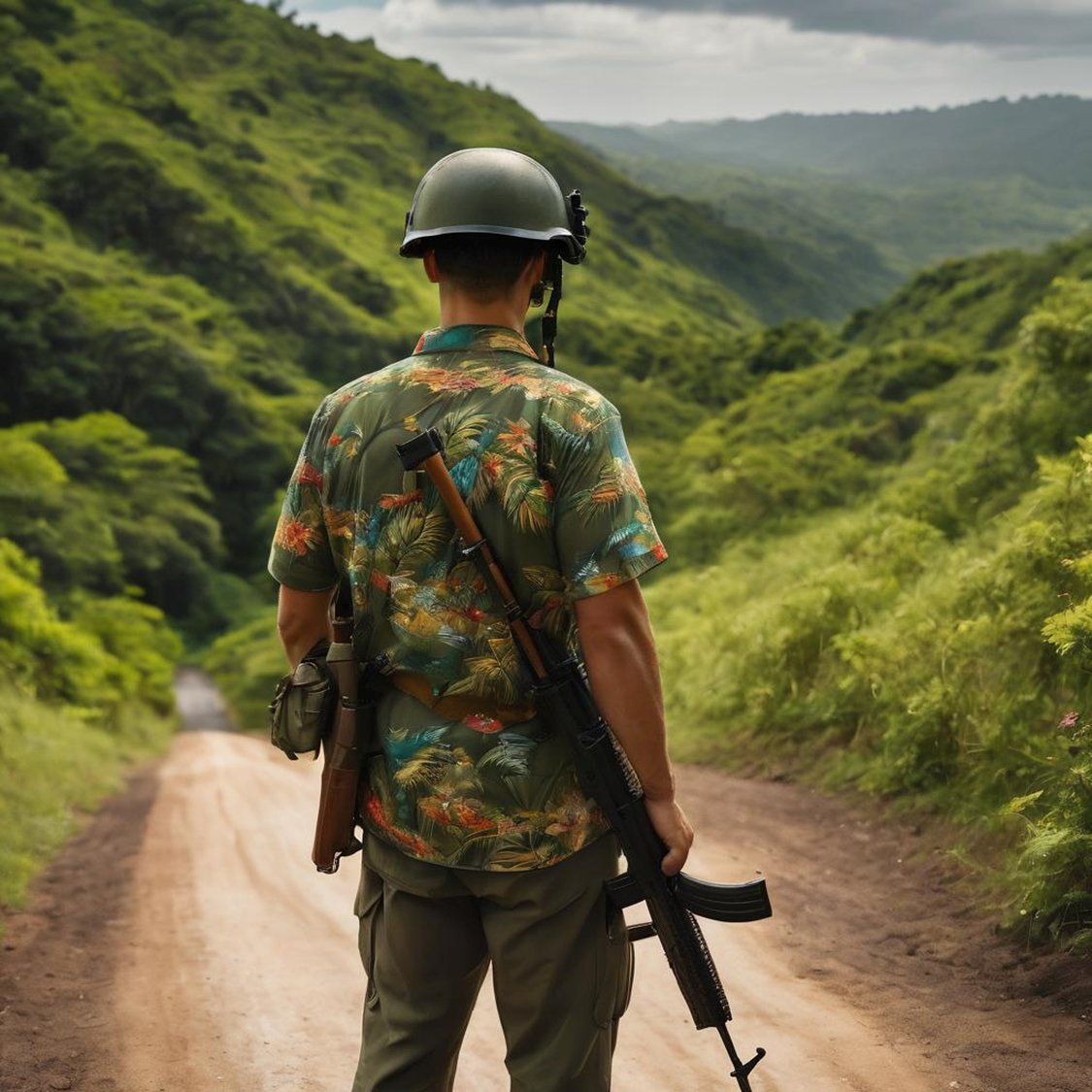
11/ But refight and retake it they did. Utilizing their drones to hunt down small American groups before they disappeared into the hills, the weight of the Chinese advance began to push the Americans back. But every fight meant more time... Time the General did not have 

12/ The Americans blocked the road with trees, cars, and mounds of unreturned shopping carts: anything they could find in an attempt to slow the invading column. They threw makeshift bombs at the unarmored vehicles, and larger ones hid in the road. 

13/ The General had tried to radio some units to go around some of the obstacles and get behind the Americans but somehow, the Americans were always waiting for them exactly where the General ordered his troops to move... it was taking too long. 

14/ By the time the General reached what was left of his cut off first patrol, holed up in an elementary school only a mile from the airfield, his makeshift force was on its last legs. 
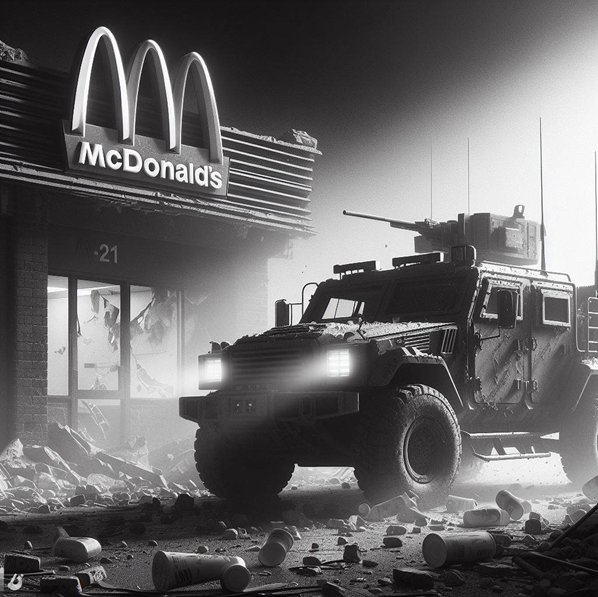
15/ The first patrol’s Chinese major was dead. Shot through the eye by an unseen American while he was reconnoitering, by himself. The Russian guide and his last drone operator had been killed when a massive propane tank had exploded next to them, probably due to sabotage. 

16/ Most of his trained medics were dead, so the majority of the wounded were left behind on the highway. Running low on ammunition, every last bullet was taken from them, so the General knew the occasional shots he heard behind him were not his own wounded defending themselves. 

17/ The General’s forces weren’t the only ones taking casualties though. As the column had gotten closer to Hancock Airfield the American resistance had become more Hit than Run. 

18/ The Americans had begun to get closer, to engage not just from the hills, but from the buildings and ditches that flanked the road, and American bodies were now joining the bodies of their enemies on the highway. Some uniformed, some not. 
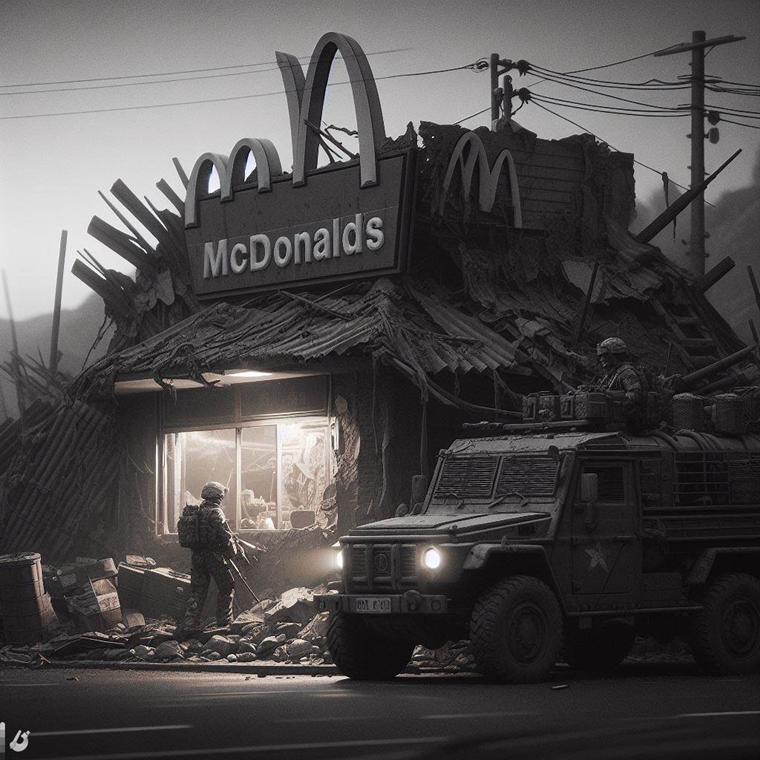
19/ One American wearing a Hawaiian shirt and tactical pants had even destroyed an entire fuel station as his position was being overrun by a North Korean squad, taking everyone with him. The fighting had been intense, but finally he stood less than a mile from the Airfield.
20/ He was winning… and then above him came a ghastly roar. Looking up he saw what his Russian troops had called The Devil’s Cross. Not one for religion, The General nevertheless felt a chill in his his spine as the flames from the engines lit up the twilight above the airfield. 

21/ For a moment, the thought he saw what looked to be some sort of voodoo priest painted on the front, another silly American superstition.
It was now or never. Nothing else mattered. He needed to destroy those trucks or that plane before they could refuel and take off.
It was now or never. Nothing else mattered. He needed to destroy those trucks or that plane before they could refuel and take off.
22/ The General knew the larger plan. He knew there would be precious few Chinese tanks to secure the vital brides over the Potomac, and despite the lies his intelligence chiefs had told him, these Americans were not going to go quietly into subjugation. China needed every tank. 

23/ He grabbed every man he could find: healthy, wounded, it made no difference now. Nothing else mattered.
Looking at the handful of drones he had remaining The General sighed.
Looking at the handful of drones he had remaining The General sighed.

24/ This battle could have ended in one flight had his drone operator lived, or had his troops been cross-trained on other tasks. But they weren’t, and like the loss of his medics, it meant that more of his men would die. 
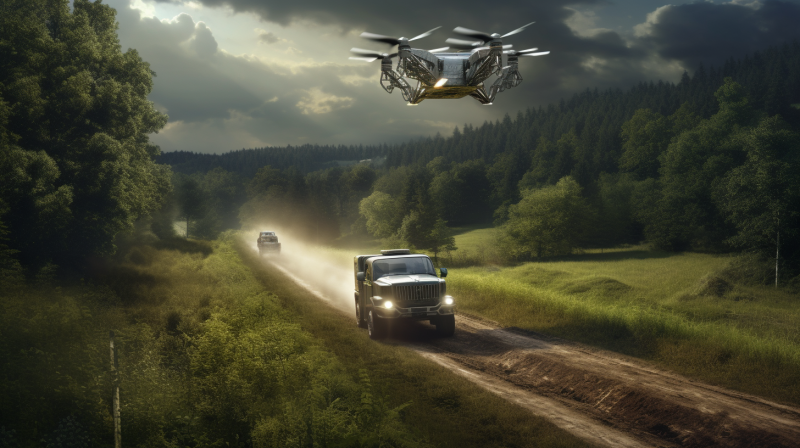
25/ Setting up a machine gun underneath a Corporal, The General sent the last of his infantry forward, and into the last of the American guns. The General knew many, most even, might die. But it had to be done how his people had solved complex problems for generations: bodies. 
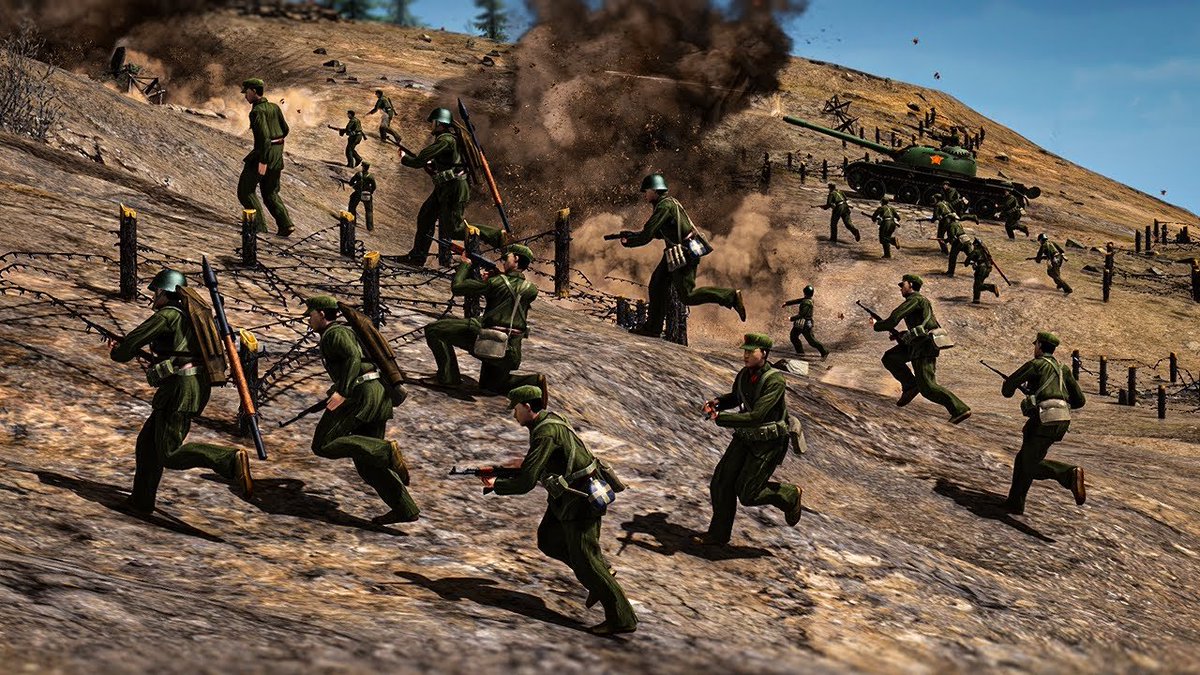
26/ The remaining Americans had taken position on a hill overlooking Hancock Airfield along Lee-Henderson Road. As the wave of invaders swarmed up the low slope, the General knew he only had minutes left. 

27/ The fuel trucks would need only minutes to refuel the deadly American attack plane. The Americans on the hill knew it too, and they knew there was no where to retreat. Their place was here, and here they stood.




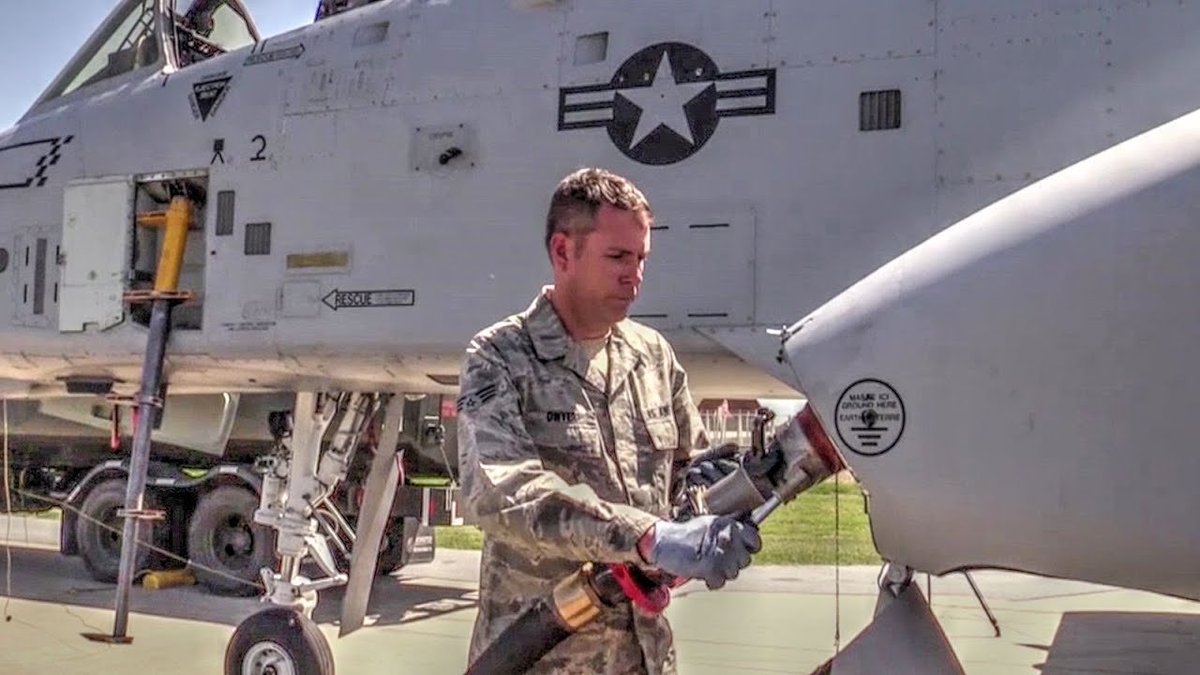

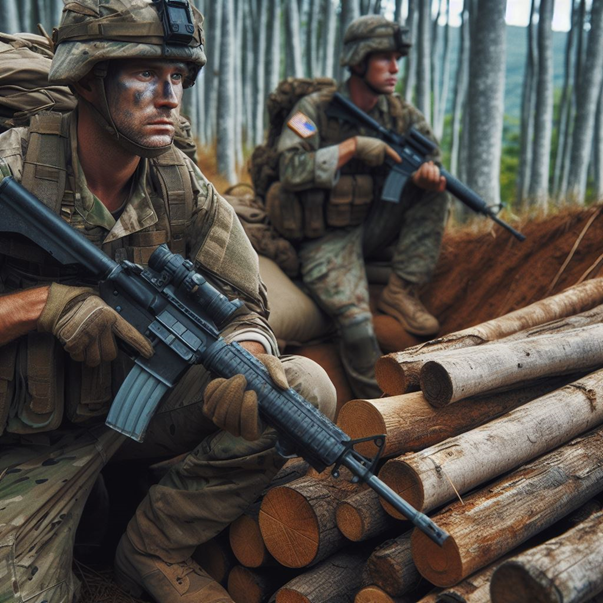

28/ The fighting around Hancock Airfield quickly devolved into the close quarters brawl The General had so feared. He kept pushing his men, but the fear of the deadly Americans and their custom made guns combined with the day’s exhaustion caused many to cower under cover. 
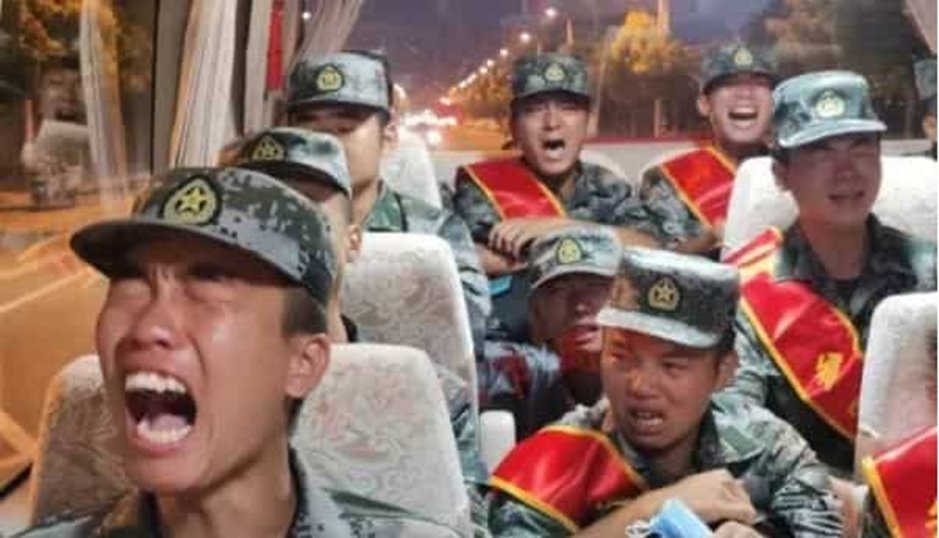
29/ Numbers were on their side, but time was not. The General ran to the front, grabbing his scared troops and pushing them forward. As they began to crest the hill, the America fire lessened, and then ceased entirely. The General could feel victory. He could taste it. 
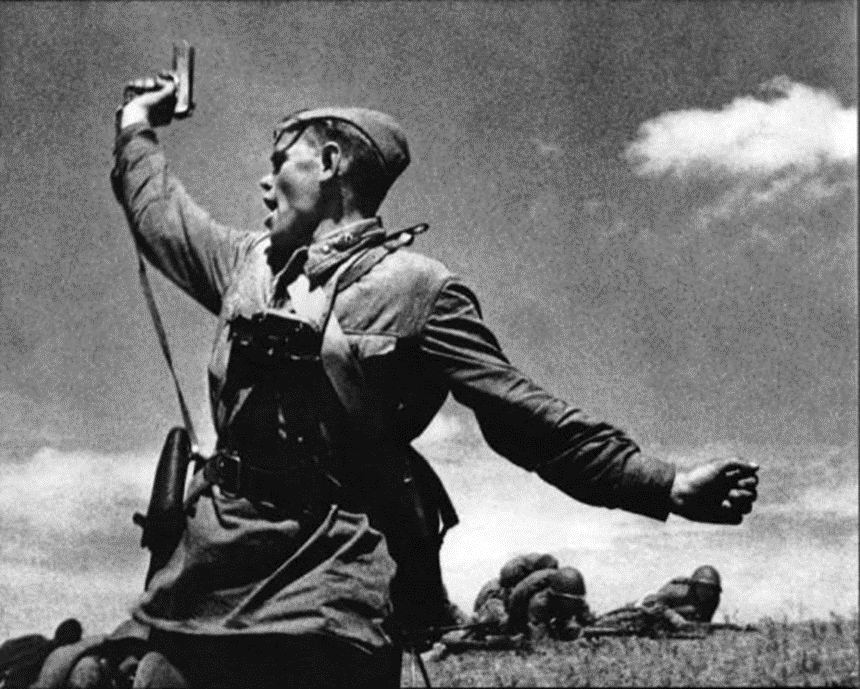
30/ Then the roar of the A-10's dual engines shattered the eerie post battle still as they screamed down the runway and into the fading sunlight. Exhausted, broken, and now defeated, the General did the only thing he could: stand and watch. 

31/ As his failure and the future flashed in front of him, he didn’t even see the dying American laying at his feet. He didn't see the young American roll over and take out his pistol, and use his last breath to kill just one more of his homeland’s invaders. 

1. If you haven't read #MongolMoon by @mnsibley , don't @ me with your "This could never happen"
2. Don't @ me with "the Americans aren't supermen, the American Army would never think of that"
-Here is me, an American Army Officer (former) thinking of it
3 Do some squats
2. Don't @ me with "the Americans aren't supermen, the American Army would never think of that"
-Here is me, an American Army Officer (former) thinking of it
3 Do some squats
• • •
Missing some Tweet in this thread? You can try to
force a refresh



